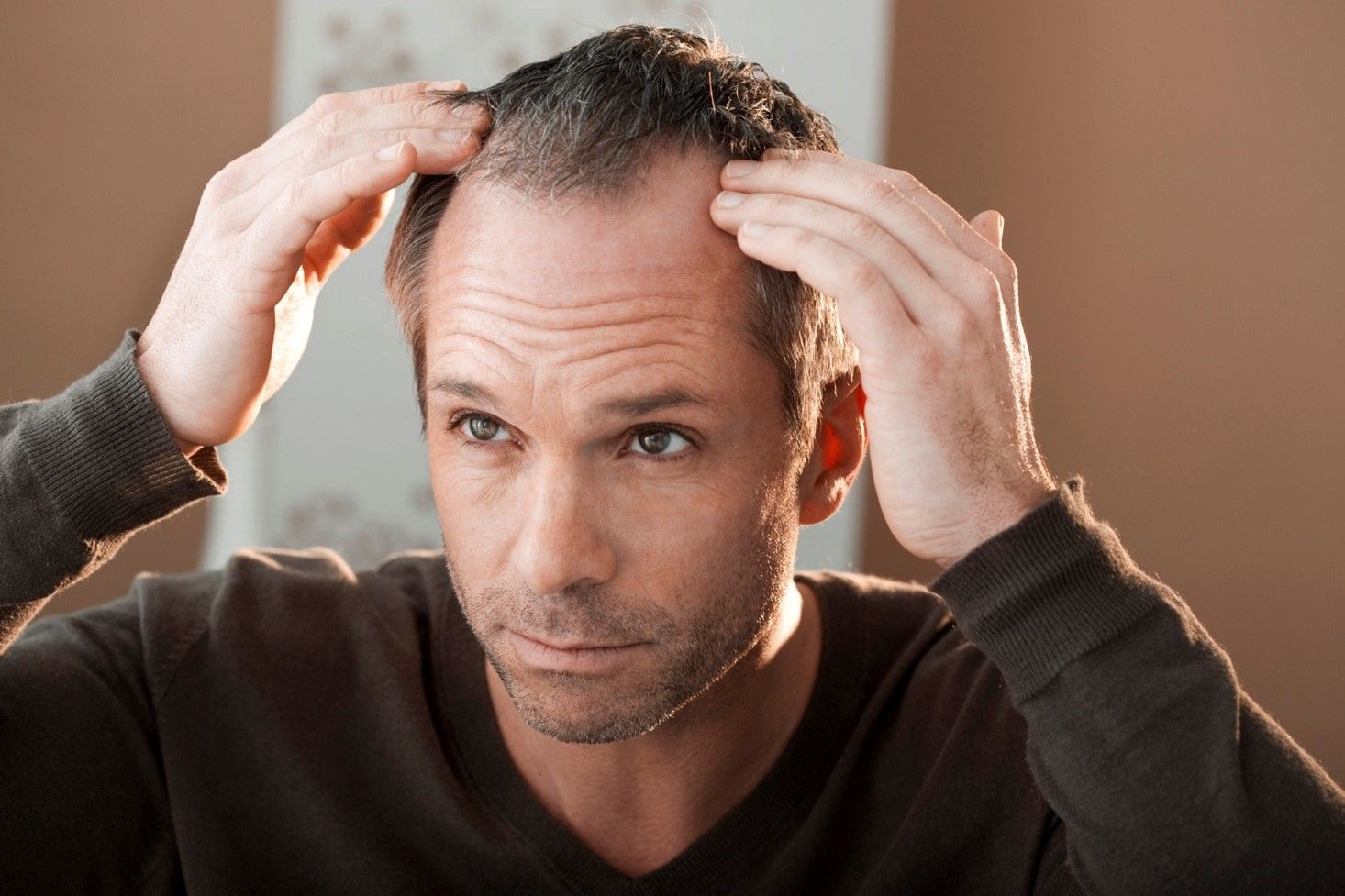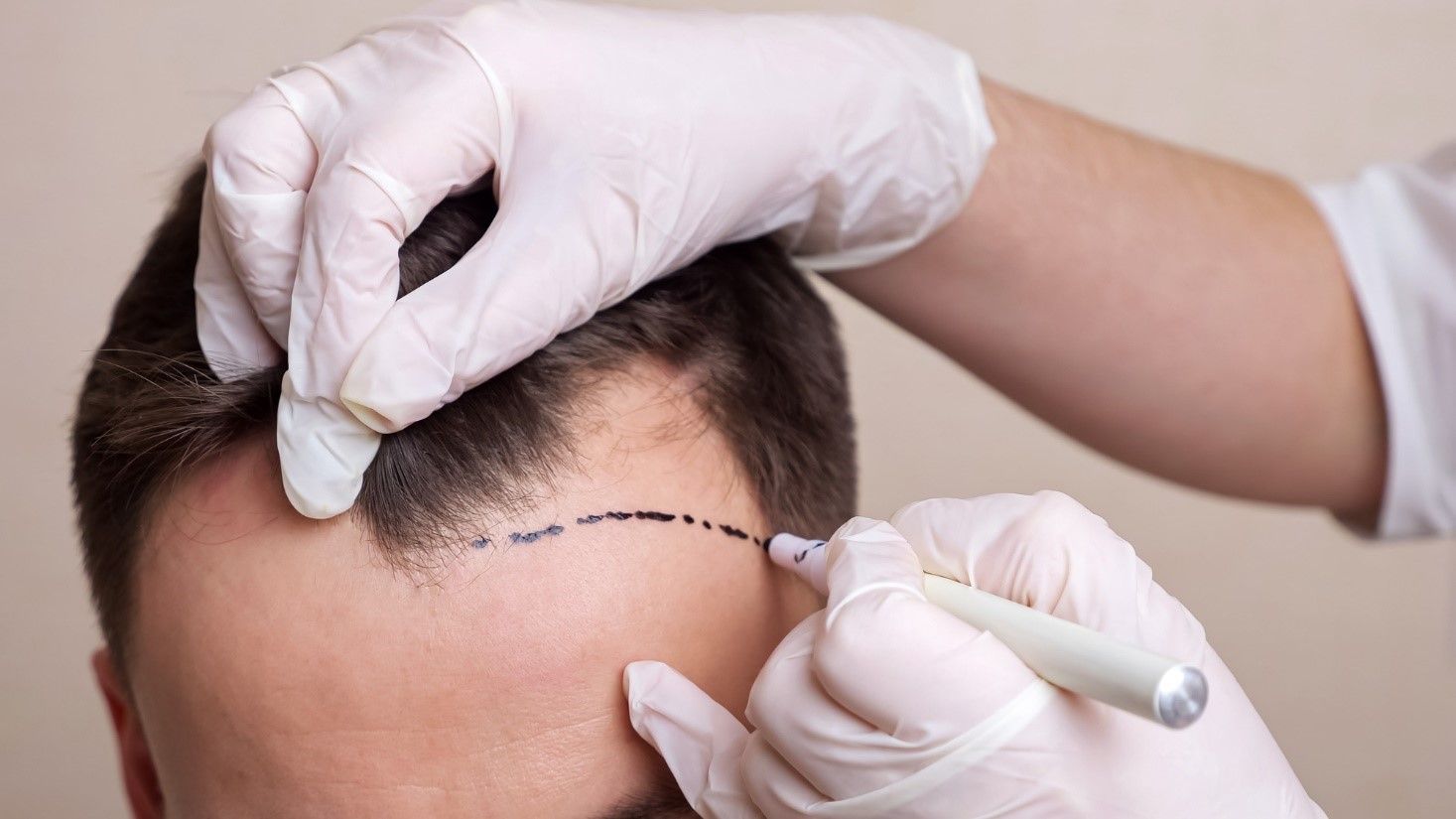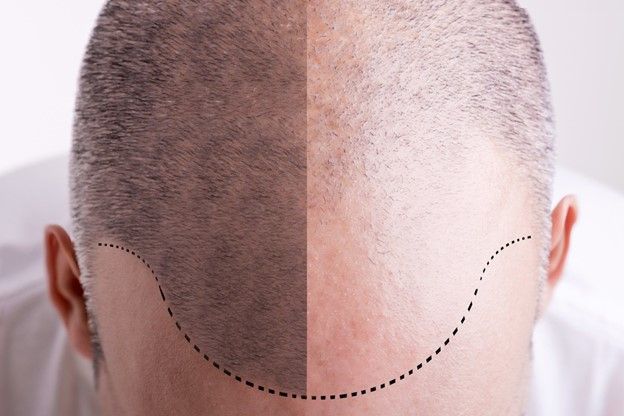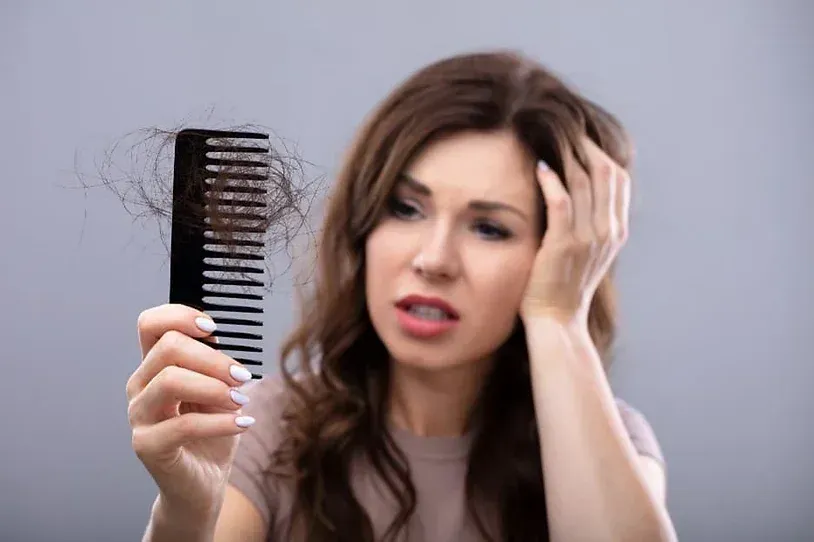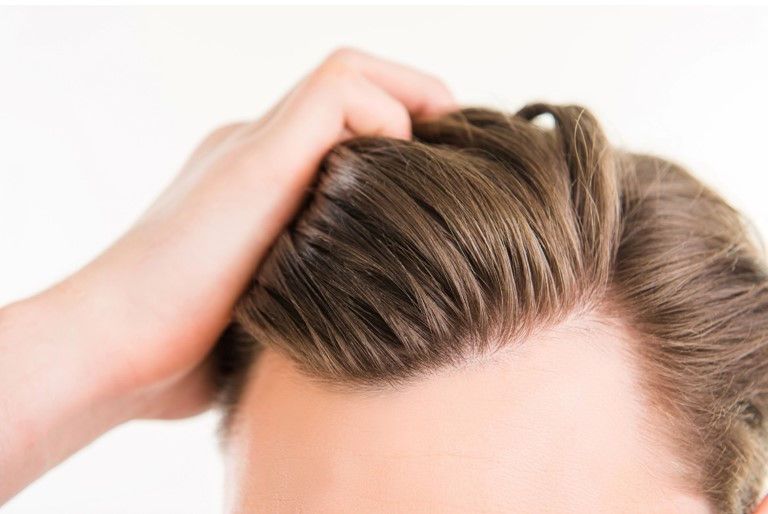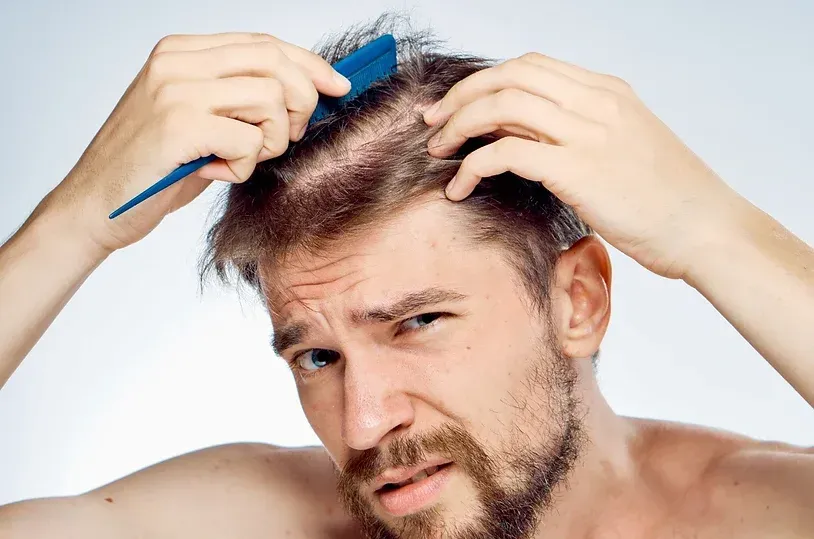How do hormones affect hair loss?

Experiencing hair loss can feel like an emotional rollercoaster, affecting your self-esteem and how you see yourself in the mirror. It’s a challenge that many men and women face, and hormones are often at the center of this struggle. At Dr Paul Cotterill's hair loss treatment clinic in Toronto, we deeply understand the impact of hormonal changes on your hair health. With over 30 years of experience and certification from the American Board of Hair Restoration Surgery, Dr Cotterill provides compassionate, effective solutions tailored to your unique needs. We’re here to help you regain not just your hair but also your confidence.
The Hormonal Impact on Hair Loss
Hormones are chemical messengers that regulate various bodily functions, including hair growth. Both male and female hormones can affect hair loss in different ways:
Testosterone and DHT
Testosterone, primarily a male hormone, is transformed into dihydrotestosterone (DHT) by an enzyme called 5-alpha reductase. DHT is the primary culprit in male pattern baldness, as it shrinks hair follicles and shortens the hair growth cycle. While testosterone is more prevalent in men, women also produce small amounts of this hormone.
Estrogen
Estrogen, predominantly a female hormone, generally promotes hair growth and thickness. However, fluctuations in estrogen levels, such as during pregnancy, menopause, or due to certain medications, can lead to temporary or permanent hair loss.
Thyroid Hormones
Hair loss can occur due to both hyperthyroidism (overactive thyroid) and hypothyroidism (underactive thyroid). Thyroid hormones regulate metabolism and affect hair growth and renewal.
Cortisol
Known as the stress hormone, cortisol can trigger hair loss when present at high levels for extended periods. Chronic stress can lead to a condition called telogen effluvium, where hair prematurely enters the resting phase and falls out.
Factors Influencing Hormonal Hair Loss
- Several factors can contribute to hormonal imbalances that lead to hair loss:
- Genetics
- Diet and nutrition
- Stress
- Medications
- Medical conditions
- Age
Treating Hormonal Hair Loss
At Dr Paul Cotterill's clinic in Toronto, we offer a range of treatments to address hormonal hair loss:
Hair Transplant
For those experiencing significant hair loss, hair transplant surgery can provide a permanent solution. Dr Cotterill specializes in follicular unit grafting, a technique that can transplant 2000 – 3000+ follicular units in a single session. This procedure involves removing hair follicles from areas of dense growth and transplanting them to areas of thinning or baldness. With Dr Cotterill's expertise and advanced techniques, patients can achieve natural-looking results, restoring hair and confidence.
Platelet-Rich Plasma (PRP) Hair Treatment
PRP therapy is an innovative treatment that uses the patient's blood plasma, which is rich in growth factors, to stimulate hair follicles and promote hair growth. This non-surgical option can be particularly effective for those in the early stages of hair loss.
Medication
Finasteride is a medication approved by the FDA that can help slow hair loss and even promote hair growth in certain instances. It works by inhibiting the conversion of testosterone to DHT, thereby reducing the hormone's impact on hair follicles.
Lifestyle Changes to Support Hormonal Balance
- In addition to medical treatments, certain lifestyle changes can help maintain hormonal balance and promote healthy hair growth:
- Manage stress through relaxation techniques and exercise.
- Maintain a well-balanced diet that is full of vitamins and minerals.
- Get regular exercise to improve circulation and hormone regulation.
- Avoid harsh hair treatments and excessive styling.
- Stay hydrated.
Dr Paul Cotterill for Hair Loss Treatment in Toronto
With over three decades of experience in hair restoration, Dr Paul Cotterill is a trusted expert in the field. His certification from the American Board of Hair Restoration Surgery ensures that patients receive the highest standard of care. Dr Cotterill's clinic in Toronto offers personalized treatment plans tailored to everyone’s needs, combining cutting-edge techniques with a compassionate approach. Schedule a consultation today and take the first step towards a fuller, healthier head of hair.
